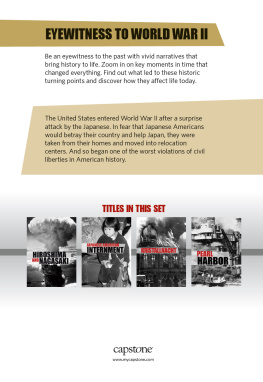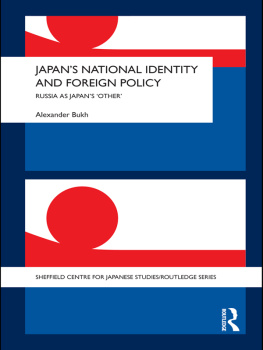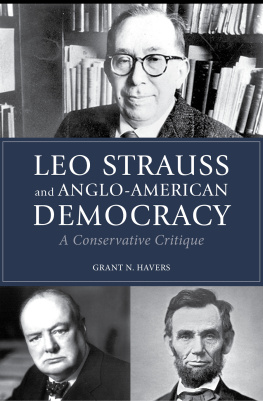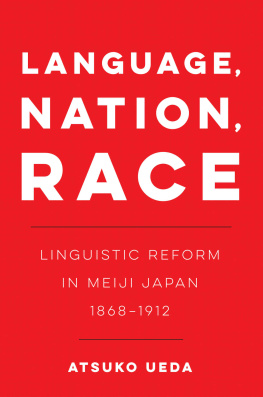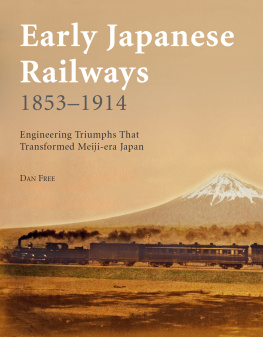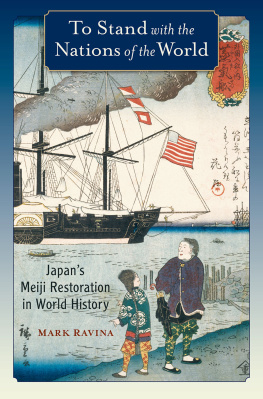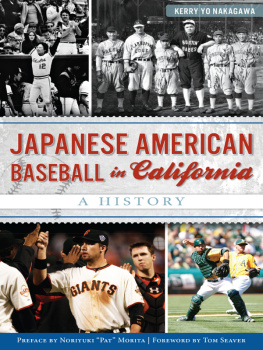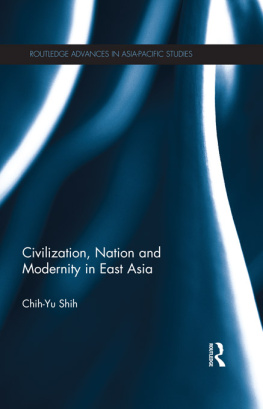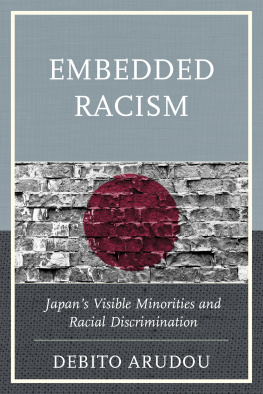Joseph M. Henning - Outposts of Civilization: Race, Religion, and the Formative Years of American-Japanese Relations
Here you can read online Joseph M. Henning - Outposts of Civilization: Race, Religion, and the Formative Years of American-Japanese Relations full text of the book (entire story) in english for free. Download pdf and epub, get meaning, cover and reviews about this ebook. year: 2000, publisher: NYU Press, genre: History. Description of the work, (preface) as well as reviews are available. Best literature library LitArk.com created for fans of good reading and offers a wide selection of genres:
Romance novel
Science fiction
Adventure
Detective
Science
History
Home and family
Prose
Art
Politics
Computer
Non-fiction
Religion
Business
Children
Humor
Choose a favorite category and find really read worthwhile books. Enjoy immersion in the world of imagination, feel the emotions of the characters or learn something new for yourself, make an fascinating discovery.

- Book:Outposts of Civilization: Race, Religion, and the Formative Years of American-Japanese Relations
- Author:
- Publisher:NYU Press
- Genre:
- Year:2000
- Rating:3 / 5
- Favourites:Add to favourites
- Your mark:
Outposts of Civilization: Race, Religion, and the Formative Years of American-Japanese Relations: summary, description and annotation
We offer to read an annotation, description, summary or preface (depends on what the author of the book "Outposts of Civilization: Race, Religion, and the Formative Years of American-Japanese Relations" wrote himself). If you haven't found the necessary information about the book — write in the comments, we will try to find it.
Civilization and progress, Gilded Age Americans believed, were inseparable from Anglo-Saxon heritage and Christianity. In rising to become the first Asian and non-Christian world power, Meiji Japan (1868-1912) challenged this deeply-held conviction, and in so doing threatened racial and cultural hierarchies central to American ideology and foreign policy.
To reconcile Japans stature with American notions of Western supremacy, both nations embarked on an active campaign to construct an identity for the Japanese which would recognize Japans progress and abilities without threatening Americans faith in white, Christian superiority. Japanese efforts included reassurances in diplomatic exchanges and in the American press that their nation adhered to the central tenets of Western civilization, namely constitutional government, freedom of religion, and open commerce. Many anxious Americans eagerly accepted such offerings, and happily re-conceived the Japanese as adoptive Anglo-Saxons.
As with the best new work in diplomatic history, in Outposts of Civilization Henning considers culture to be integral to understanding foreign relations. Thus in addition to official documents and press reports, he examines American missionaries writings on the Japanese, and American and Japanese art and literature produced during the Gilded Age. In exploring the delicate and deliberate process of identity construction, and how these discourses on race and progress resonated throughout the twentieth century, Henning has produced a fascinating and important study of American-Japanese relations.
Joseph M. Henning: author's other books
Who wrote Outposts of Civilization: Race, Religion, and the Formative Years of American-Japanese Relations? Find out the surname, the name of the author of the book and a list of all author's works by series.

